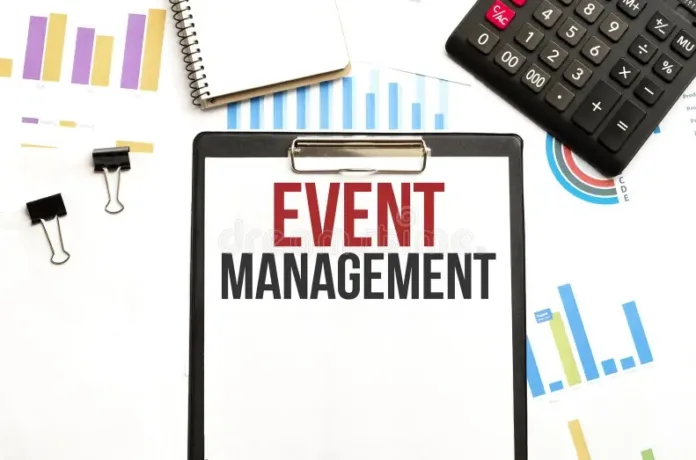Events are a vital part of the construction industry. From trade shows and conferences to project launches and safety training sessions, these gatherings foster collaboration, showcase innovations, and enhance industry relationships. However, managing events for construction businesses comes with its own unique set of challenges. This guide offers expert insights into how to streamline event management for construction-focused gatherings, ensuring success and maximizing impact.
Understanding the Purpose of Construction Events
Construction events vary in purpose and scale, but they all share a common goal: to drive growth and collaboration within the industry. Common types of events in construction include:
- Trade Shows: Highlighting new tools, technologies, and materials.
- Training Programs: Educating teams on safety protocols, equipment usage, and regulatory updates.
- Networking Events: Connecting contractors, suppliers, and industry leaders.
- Project Launches: Showcasing completed projects or introducing upcoming initiatives to stakeholders.
Identifying clear objectives is the first step in creating an event that resonates with attendees and achieves business goals.
Planning and Logistics for Construction Events
Construction events often involve large venues, technical demonstrations, and industry-specific requirements. Proper planning is essential to ensure everything runs smoothly.
- Venue Selection:
- Choose a location that accommodates demonstrations or large equipment displays.
- Ensure accessibility for attendees, including contractors, engineers, and clients.
- Technical Requirements:
- Coordinate with venue staff to support specialized setups like heavy machinery, audiovisual equipment, or safety displays.
- Plan for practical needs, such as Wi-Fi for virtual demonstrations or hybrid event elements.
- Compliance:
- Adhere to health and safety standards, particularly for on-site equipment or live demonstrations.
- Verify that the venue meets construction-specific requirements, such as reinforced floors for heavy machinery.
- Budget Management:
- Allocate resources efficiently by prioritizing essentials such as venue costs, demonstration logistics, and attendee amenities.
Getting Attendance with Smart Solutions
Attracting the right attendees—whether it’s contractors, suppliers, or industry leaders—is critical for a successful event. A well-structured registration process simplifies attendance management and creates a professional impression.
Using an event registration platform ensures:
- Streamlined Sign-Ups: Attendees can register easily through a user-friendly interface.
- Real-Time Analytics: Organizers can track registrations and adjust outreach strategies as needed.
- Automated Communication: Send confirmations, reminders, and event updates without manual effort.
- Data Collection: Gather valuable attendee information for post-event follow-ups and future planning.
Such platforms not only enhance efficiency but also provide data-driven insights to optimize future events, making them indispensable for construction-focused gatherings.
Engaging the Construction Audience
Engagement is a critical factor in the success of any event, particularly in the construction industry where hands-on interaction and practical demonstrations hold significant value.
- Interactive Demonstrations:
- Arrange live showcases of new tools, technologies, or methods to capture attendees’ interest.
- Targeted Content:
- Offer breakout sessions tailored to different sectors, such as residential construction, commercial projects, or infrastructure development.
- Networking Opportunities:
- Incorporate dedicated times and spaces for attendees to connect, such as coffee breaks, networking lounges, or evening receptions.
- Hybrid Elements:
- For those unable to attend in person, provide virtual access to keynotes, sessions, or demonstrations through a secure platform.
Conclusion
Event management in the construction industry requires a tailored approach that balances technical needs, industry-specific considerations, and attendee engagement. By leveraging expert planning strategies and modern tools, construction businesses can deliver impactful events that strengthen relationships, showcase expertise, and drive growth.
With careful preparation and a focus on creating value, construction events can become powerful platforms for collaboration and innovation, setting the foundation for long-term success in the industry.

